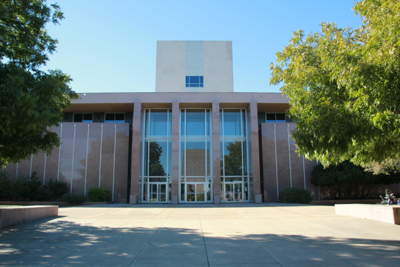
Texas Supreme Court
AUSTIN - The Texas Supreme Court has affirmed a ruling that found the Division of Workers’ Compensation’s exclusive jurisdiction “does not extend to all cases that touch on workers’ compensation issues.”
The high court’s opinion stems from litigation between Rita Oteka and The University of Texas Rio Grande Valley.
Oteka, a university faculty member, voluntarily attended a commencement ceremony to support her former students. While she was walking to her car afterward, a vehicle driven by a university police officer struck and injured her.
Oteka sought to use personal insurance and did not pursue worker’s comp benefits. Regardless, a third party claims administrator denied benefits, finding the injury did not arise during the course and scope of her employment.
Oteka never contested the denial, nor did she file a compensation claim with the division, court records state.
More than a year later, Oteka sued the police officer, and the university argued that recovery of workers’ comp benefits is the exclusive remedy for a covered employee, like Oteka, when the injury is work-related.
Well into the litigation, the university “reversed course” and sent a letter to Oteka stating that her injury “has been accepted as compensable” and that benefits would be paid, the opinion states.
The following day, UTRGV filed a plea to the jurisdiction, arguing that the division has exclusive jurisdiction to determine whether a covered employee sustained an injury while in the course and scope of her employment.
The district court denied the university’s plea and the ruling was affirmed on appeal, with the 13th Court of Appeals finding that the division’s exclusive jurisdiction “does not extend to all cases that touch on workers’ compensation issues” and that trial courts often decide whether the exclusive-remedy defense applies.
The Texas Supreme Court also held that the division does not have exclusive jurisdiction to determine whether an injury was work-related in a dispute arising outside of the compensability context when the employee’s requested relief does not depend on entitlement to benefits.
“For the foregoing reasons, we hold that the Division’s exclusive jurisdiction does not extend to determining whether an injury was work-related when that issue was raised by the employer’s exclusive-remedy defense and the employee’s lawsuit does not hinge on entitlement to workers’ compensation benefits,” the opinion states.
“Because the Legislature did not divest the district court of subject-matter jurisdiction to decide the issue, we affirm.”
The Office of the Attorney General represents the university.
Oteka is represented by The Messina Law Firm.








